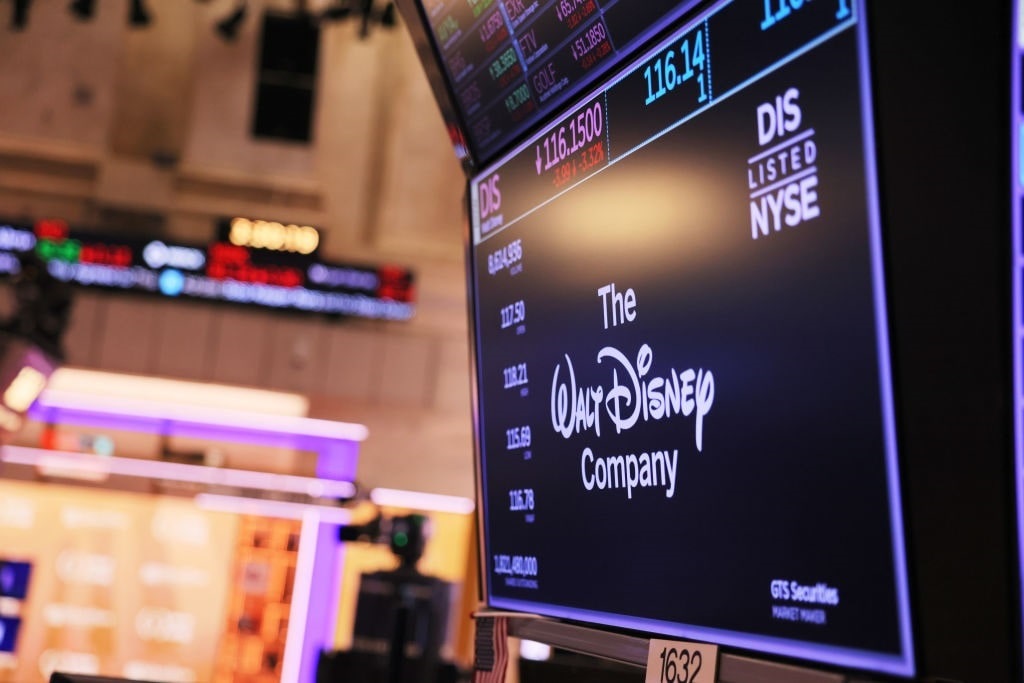Disney was once a happy household name – a brand parents trusted to provide clean, child-appropriate entertainment for their kids. But in its efforts to become diversified, the Walt Disney Co. has lost the trust of many customers. The company now faces a third lawsuit for intentionally misleading investors. Executives are accused of trying to make it look like the business is booming when, in fact, stocks are plummeting.
Disney and Its Sinking Ships
In 2019, Disney was on top of the world. It launched Disney+ with ten million subscribers on the first day, released the second highest-grossing movie ever, Avengers: Endgame, and acquired $71 billion of Fox’s assets, as Yahoo!Finance reported. By the next year, however, the financial picture was not so rosy.
Shareholders claim that, in December 2020, Disney executives “repeatedly misled investors” about the amount of money Disney+ was losing, Breitbart explained, and that these “wrongful acts and omissions” brought about the “precipitous decline in the market value” of the stock. After senior management bragged the streaming service would see 240-260 million subscribers by 2024, stock climbed by nearly 14%. That prediction was way off, with the accurate number currently being more like 146.7 million. That’s 18 million less than Disney+ had in the fourth quarter of 2022. In fact, the streaming service’s stock price is at a nine-year low.
The lawsuit, filed on August 23, follows the same vein as the two before it, accusing Disney of deliberately hiding the “true costs” of operating the streaming service, and using a scheme to “inappropriately shift [marketing and production] costs of Disney + shows to other networks such as the Disney Channel.” The Hollywood Reporter explained:
“The suit claims that company executives hid the expense and difficulty of maintaining subscriber growth as it suffered ‘staggering costs’ to create content. In an effort to hide losses, the complaint claims, former chief executive Bob Chapek, his lieutenant Kareem Daniel and former CFO Christine McCarthy aired The Mysterious Benedict Society and Doogie Kameāloha, M.D. – which were supposed to be Disney+ originals – on the Disney Channel to make the streaming service appear more successful than it actually was.”

(Photo by Michael M. Santiago/Getty Images)
The company used to be organized into four reporting segments: media networks, studio entertainment, parks, and direct-to-consumer. During the pandemic, park attendance dwindled and subscriptions to the streaming service skyrocketed. Chapek decided to reorganize so that “[d]istrubution and commercialization activities were centralized into the Disney Media and Entertainment Distribution (DMED) arm, which essentially became responsible for the monetization of all content globally, the suit says,” The Reporter wrote. Investors said in the claim that this reorganization represented a “dramatic departure from Disney’s historical reporting structure and was hugely controversial within the Company because it took power away from creative content-focused executives and centralized it in a new reporting group.”
Furthermore, the claim states: “With this new structure, Chapek removed budgetary and distribution control from the heads of Disney’s content groups (much to their dismay) and placed control in the hands of DMED’s new Chairman, defendant Daniel, who reported directly to his long-time mentor Chapek.” Because of this, Chapek and Daniel “exerted near complete control over the Company’s strategic decisions around content.”
Disney did acknowledge a slowdown in subscriber growth during 2021, claiming it had missed the estimates by a wide margin when it came to revenues, shares, and sales. In 2022’s fourth quarter, the company’s “direct-to-consumer arm, which includes Disney+, ESPN+, Hulu and Hotstar, reported an operating loss of $1.47 billion,” The Hollywood Reporter said. At the same time in 2021, there was a $630 million loss. The investors’ complaint addressed this, stating:
“The Company also reported a decline in its average revenue per Disney+ subscriber, as more customers subscribed through a discounted bundle with the Company’s other services. Notably, the bundled offering made up about 40% of domestic subscribers, confirming that Disney was relying on short-term promotional efforts to boost subscriber growth while impairing the platform’s long-term profitability.”
When Bob Iger returned to lead the company in Nov. 2022, he questioned the wisdom of consolidating everything under one roof and vowed to bring the power back to creative executives, which investors said was evidence Chapek meant to mislead them via his reorganization. At the end of December 2019, Disney stock was around $144 per share. As of September 6, 2023, it had dropped to just over $81.




